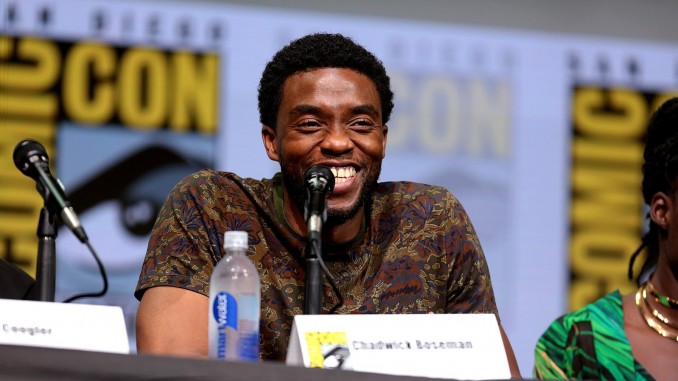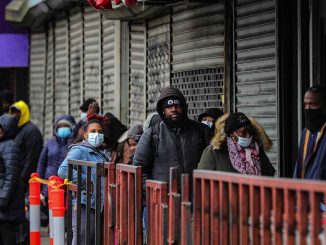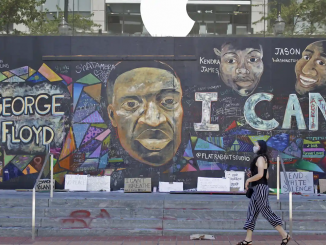
Black people were able to see themselves as superheroes on the big screen in a mainstream blockbuster for the first time two years ago, with the release of “Black Panther.” Actor Chadwick Boseman played the lead, a superhero who protects the technologically ultra-advanced African nation of Wakanda from destruction by outside forces. It was the first mainstream superhero film to feature a prominently Black cast, painting the fictional African nation as an example to be looked up to and emulated around the world. These communities weren’t downtrodden and dependent on foreign saviors, a narrative still popular today. Rather they were powerful and something to aspire to, a depiction that showed the possibilities of Black representation in mainstream media.
What the world didn’t know at the time, was that Boseman had been battling cancer. He was diagnosed in 2016 with stage III colon cancer, and died four years later after it had progressed to stage IV. He filmed a number of movies between surgeries and chemotherapy treatments, all without the public knowing. Reflecting on the reasons why his battle with cancer was kept so private is its own topic. Health conditions are often stigmatized, and cancer is specifically stigmatized more in men and within ethnic minorities. The individualism of our society often places personal blame on those affected, though many of the factors that contribute to disease or cancer are societal, not individual.
African Americans are more likely to die from colon cancer than any other ethnic group in the country. And overall cancer rates are higher among Black people than white, according to the American Cancer Society. In fact, Black people in the U.S. have the highest infant mortality rate and the highest age-adjusted death rate. It’s estimated that more than 80,000 excess deaths are related to these health disparities, making being Black a leading cause of death. And now Black people in the U.S. are also dealing with higher rates of COVID-related deaths.
The reason it took until 2018 for a Black person to be seen as a superhero in mainstream society is the same reason we see Black people dying at higher rates. These statistics symbolize the illness of capitalism that infects Black people at alarmingly higher rates. Black people still live under the legacy of slavery, which used race to justify its existence. Black people are forced to live with racism every day, which is used to divide working people and give white workers a larger portion of the crumbs from the capitalists’ table. Add in higher unemployment rates, lower wealth, higher participation in high-risk jobs, lower insurance coverage, and higher poverty rates, and of course you’re going to see a society in which Black people face worse health outcomes.
The particulars of Boseman’s situation are unknown and he does not represent the reality of every Black American. But his untimely death from a disease that hits Black people the hardest is a good opportunity to have a conversation about why these racial health disparities exist in the first place. Black people are not inherently sicker. But the system of capitalism with its racial disparities in health care, education, income, housing, and so many other factors of quality of life means that cancer is a disproportionate threat in the Black community. Capitalism itself is a cancer that we must kill before it kills us, especially our Black brothers and sisters.




